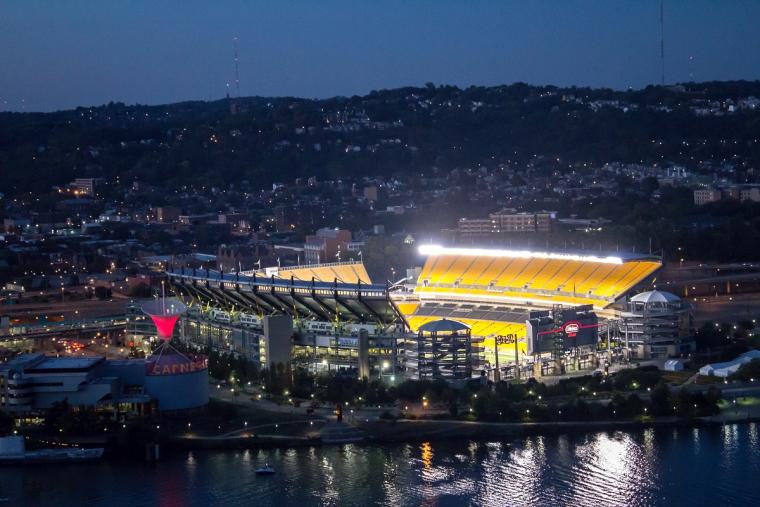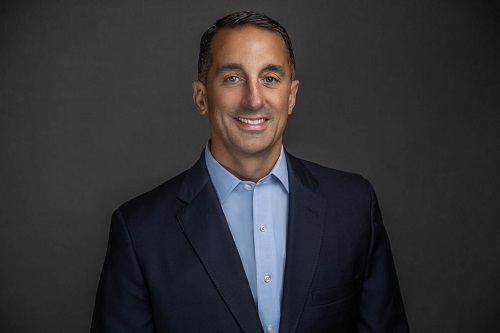
When Duquesne Light Holdings Inc. (DLH) announced a partnership with PSSI Stadium LLC, the owner of Heinz Field (which, incidentally, is soon to be renamed Acrisure Stadium in light of a new sponsorship agreement), it was more than an agreement regarding the venue’s HVAC and all equipment. It actually represented a move toward greater energy efficiency – something that has taken center stage at sports venues recently.
Worldwide, venues are seeking to enable the advancement of a clean energy future for all through energy infrastructure and efficiency solution projects. However, Heinz Field has hosted the Pittsburgh Steelers and the University of Pittsburgh Panthers football team since 2001. It isn’t necessarily representative of the venues SDM’s readers are seeking out for youth tournaments. Can smaller facilities that host amateur events take their own steps toward energy efficiency. If so, what are those – and where should managers begin?
SDM had a virtual sit-down with Pittsburgh-based energy provider The Efficiency Network (TEN)’s CEO Troy Geanopulos to get some thoughts on the way venues are moving toward improving energy infrastructure.

Does a demand for this sort of equipment and service appear to be growing in the sports business market?
An increased emphasis on environmental impact and sustainability is occurring in construction projects and in the general operation of sports venues across the U.S. I believe this is being caused by public demand resulting from an increased focus on ESG and economic justification from building retrofits and sustainable operations.
Four major North American sports leagues (MLB, NFL, NHL, NBA) have all established sustainability initiatives, as well as every major college sports league. More teams are investing in ways to mitigate their environmental impact while simultaneously reducing costs. I’ve seen how energy service agreements and power purchase agreements enable venues to focus on their core business, such as entertainment and venue concessions, while relying on energy service professionals to provide expertise in supplying reliable utility services.
What are some things a lower-level venue (without tremendous economic resources) can do to help be a part of this exciting new movement?
Smaller venues will focus on the best ROI projects such as the installation of high-efficiency LED lighting and other retrofit strategies that can be funded by a combination of third-party financing and utility rebates.
Utility rebates; funding programs through utilities/retail energy suppliers; and projects funded by corporate sponsors also make it possible to install EV charging equipment and small-scale/on-site renewable energy projects, with each creating significant impact and visibility. Aggressive recycling and waste management approaches are also low-cost options to consider.
Where do you think the market is headed? Do you think there will someday be sustainability in all venues that host sports?
A growing focus on ESG, along with rising energy and water costs, should increase sustainability in sports venues around the country over the coming years. For example, stadiums use tremendous amounts of water and would benefit from rainwater harvesting and recycling.
What other developments are you seeing in terms of sustainability and a demand for it?
Off-site solar is gaining a lot of traction in the sports venue market. In most instances, it is very difficult to produce enough energy at a sports venue to satisfy the full requirements of the facility or to make a meaningful impact. A great alternative is for stadium owners to contract with third parties to construct off-site solar facilities through net metering and other structures that allow facilities to be powered entirely by clean and renewable energy sources.

